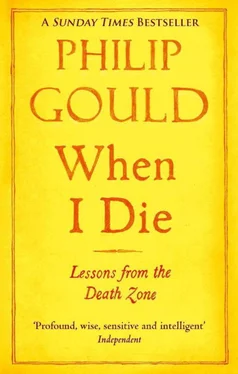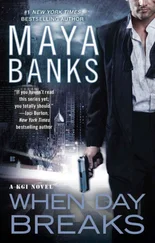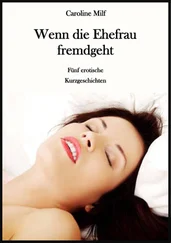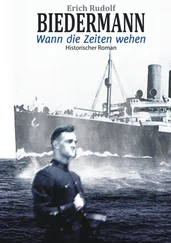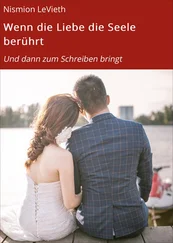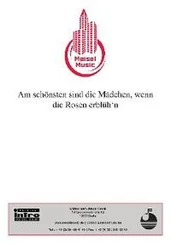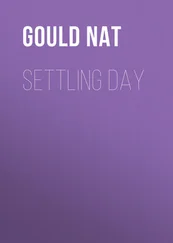Before he went to Newcastle he wrote Georgia and me each a letter to be opened only after his death, and gave us five rules for life. In his letter to me, he wrote:
I know that you want me to answer every question that the future holds but I can’t do that. Or at least I cannot do that in the way you wanted. What I can say is this: if you are yourself, if you trust yourself, if you believe in yourself your life will be fine. As for the rest of it: be generous and warm-hearted and always send a thank-you card. This is all you need to know. And if you get really stuck ask Matthew, and if he can’t help, ask the universe. The answer is out there and I promise you, you will find it.
Philip had never been ill. It was as if focus and determination rode roughshod over mere physical problems. That did not stop him from keeping a complete pharmacy at home for every eventuality. Paradoxically, he constantly worried he was ill, but he never was ill. It was not until we went on holiday to Brazil for Christmas 2007, when his indigestion and swallowing problems became more pronounced, that I thought for the first time maybe something was truly wrong.
He had some tests when we were back in London and they seemed to be fine, but then one night he suddenly woke at 3 a.m. feeling very ill. He was as white as a sheet and in a panic, so I called an ambulance thinking he was having a heart attack. We arrived at University College Hospital and went straight into the emergency room but they could not find anything wrong with his heart. We finally put the episode down to dehydration rather than the massive tumour that was growing at the junction of his oesophagus and stomach.
Looking back at Philip’s cancer over four years is like looking at a series of stills – moments of intensity, worry and readjustment. When I went to collect him from the endoscopy he was lying flat, looking ashen. He said simply: ‘It’s cancer and it’s bad.’ The doctor gave him a 50 per cent chance of surviving.
The world really did change in that second and for me it was a moment of total panic. I had never heard of oesophageal cancer, had no idea it had reached epidemic levels and that the chances of a cure without surgery were non-existent. I remember running through the hospital to find the surgeon who had been called in to look at the tumour and pleading with his assistant to get us back in to see him the next day.
This first stage was one of confusion, shock and the desperate search for information. We knew we faced three months of chemotherapy, but this was all by way of a dress rehearsal for the operation, which would be a stark kill or cure.
The choice of surgeon and hospital was the most crucial decision we had to make. In a sense the luxury of having that choice was our undoing. Had we gone to our local hospital and had a radical oesophagectomy, it is possible that Philip would be alive today.
If we had known about Professor Mike Griffin’s world-class unit in Newcastle, things might have been different. But there was no information on centres of excellence in the UK and most of the senior health practitioners and government officials we consulted pointed us towards America.
Philip was very keen on going to the United States. I was less keen, not for medical reasons but because of the practicalities of recovering from such a major operation without the support of nearby family and friends. But after an exploratory trip, America prevailed.
You could not fail to be impressed by the sheer scale of the Memorial Sloan-Kettering Cancer Center and its depth of experience. But when Philip walked into the operating theatre, I had to sit for seven hours in the coffee shop without any information or update. It was the longest seven hours of my life. I tried to calm my nerves by visiting each of the main religious meditation centres dotted around the hospital but all I could do was imagine the worst.
Eventually, I was told the operation was over and that Philip was OK. Like Dante’s circles of hell, in reverse order, I was moved to a waiting area outside intensive care for a couple of hours until the surgeon was ready to see me.
Murray Brennan looked exhausted, his overalls spattered with blood. The operation had been a success but he had had trouble reattaching what was left of Philip’s stomach. He said that towards the end he thought he would have to break Philip’s ribs and make another incision to complete the join, but he eventually managed the less traumatic operation he had intended. Something in his hesitancy worried me. I never told Philip about it but, of course, the tumour regrew in exactly that spot.
I went in to see Philip, who was in remarkably good form, full of drugs and relief, wanting to call the girls in London. They were so happy that we all just broke down together as the tension of the last twenty-four hours eased. The next day, however, he was as white as a corpse, in terrible discomfort, in a tiny room, separated from the next bed by a thin curtain and unable to speak. Every thing was a battle and it was taking place on unfamiliar territory.
Although Philip slowly recovered and even started eating small amounts, one of his stitches became infected. As the hospital did not favour the use of antibiotics, for fear of MRSA, they left the wound open. And that is how it remained – a great gaping gash that turned into a massive hernia as eventually it healed – a ghastly reminder of what had been and how far we still had to go.
But the pathology was good and I still have the congratulatory messages on my phone from the medics in the UK saying this was all behind us now.
I look back at that period in New York and wonder how we all coped with it – the girls at university, Georgia doing her finals and Grace in her first year. I was working from our New York office where Random House had given me all the support I needed to carry on with my day job between hospital visits. My friend Ed Victor used to say that once diagnosed you inhabit Planet Cancer. Philip’s cancer was the new focus of my life – a long strip of land around which family and work forked and flowed like a river on either side.
We returned to London to more chemotherapy and, thank goodness, we discovered Professor David Cunningham at the Marsden. Philip has written about this wonderful hospital but what I experienced there was a level of intimacy and care that made the whole experience much more tolerable.
Unfortunately my closest friend had also taken residence on Planet Cancer and, after an operation for breast cancer at St Mary’s, came to the Marsden for her chemotherapy. I would wander the hospital between the two of them, especially at moments of crisis. Philip was not tolerating his post-operative chemo at all well and my snapshot of him at that time was sitting with his drip on an armchair at home concentrating on his BlackBerry, unable to speak, just holding it together.
My friend tolerated her chemotherapy much better, apart from one ghastly episode when she was hospitalised. I kept Philip and her separate, even though they compared cancer notes on a regular basis, because one day she came over and I caught sight of them together, thin, frail, practically bald. It seemed that the two most important people in my life were going to be taken away and it was unbearable. [1] My friend made a full recovery. People would pay a lot of money for the amazing, full head of platinum-coloured hair she has now.
Yet in all this misery there were moments of light. At the end of his post-operative chemotherapy Philip was desperate to get away but as we could not fly we were limited to travelling to Europe by train. It had to be Venice, Philip’s favourite city on earth. And it was, as Philip describes it, like moving from the dark to the light.
Читать дальше
